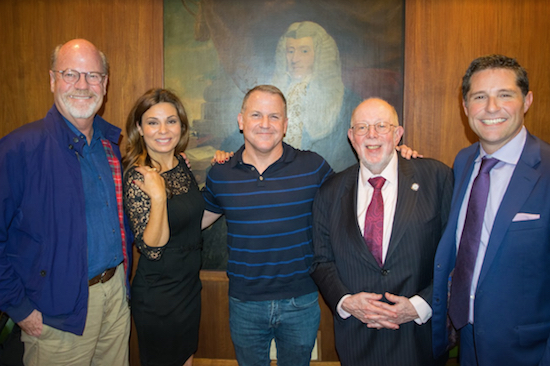Brooklyn Bar Association gets lessons from Blue Bloods writers and producers at CLE

The Brooklyn Bar Association (BBA) tried to do something a little bit different to attract lawyers to its most recent continuing legal education (CLE) meeting — they invited a couple of television writers and producers to lecture.
Dan Truly and Kevin Wade of Blue Bloods, the hit CBS drama starring Tom Selleck, joined a panel that included BBA President David Chidekel and Michael Cibella, president of the Kings County Criminal Bar Association, for a CLE titled “At the Crossroads: Creativity for the Litigator While Harnessed by Model Rules & Precedent.”
The panel was moderated by Rebecca Rose Woodland, a past president of the BBA and a frequent TV legal analyst.

Brooklyn Boro
View MoreNew York City’s most populous borough, Brooklyn, is home to nearly 2.6 million residents. If Brooklyn were an independent city it would be the fourth largest city in the United States. While Brooklyn has become the epitome of ‘cool and hip’ in recent years, for those that were born here, raised families here and improved communities over the years, Brooklyn has never been ‘uncool’.